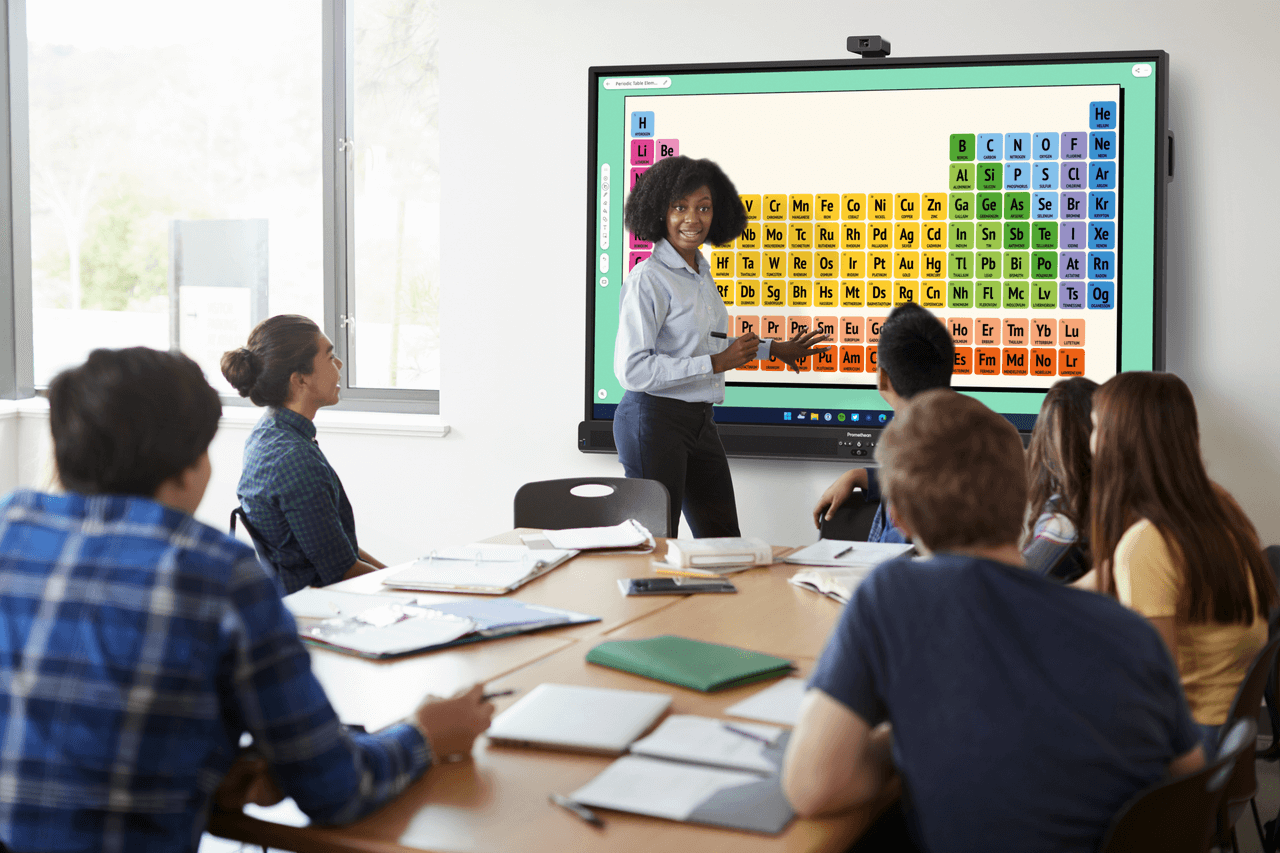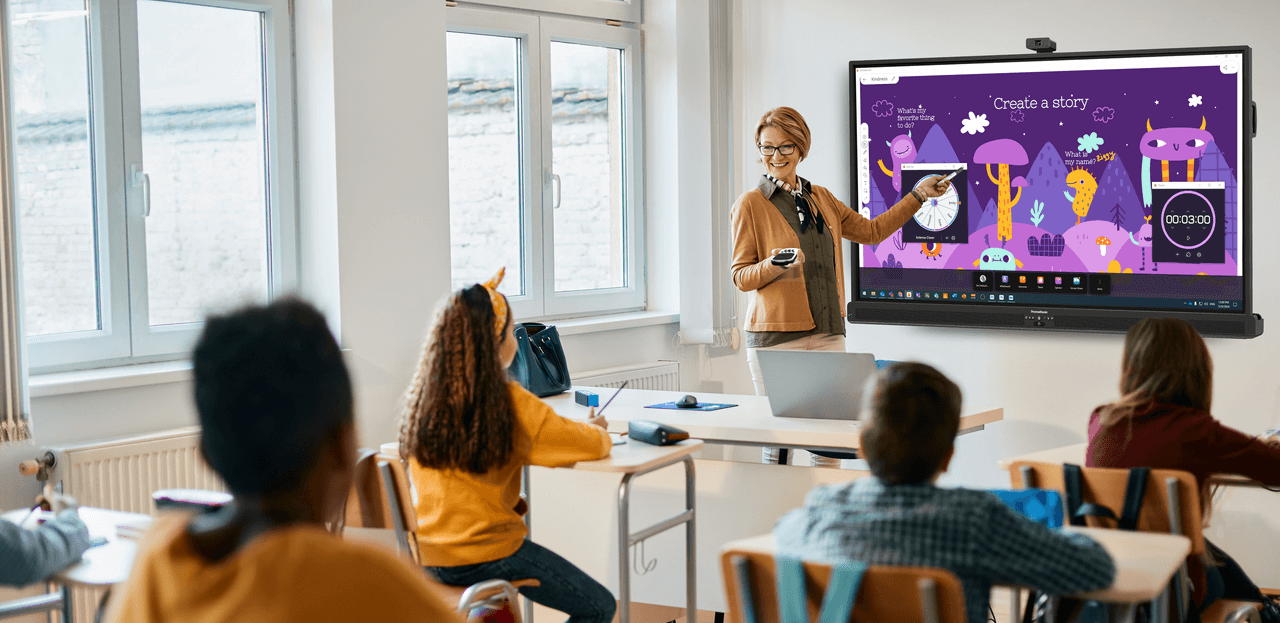Published on April 20th, 2022
How can educators cater for future careers?
4 minute read

From new career needs to the rising importance of vocational training, find out how educators can ensure students leave school well-equipped.
In addition to holistic student needs like wellbeing, whose importance has only been reinforced in recent years, educators are fundamentally responsible for preparing students for the world of work. They teach curricula designed to give students a foundational understanding of different disciplines and fields, encouraging them to find an area which particularly interests them.
However, this long-term view can be lost beneath the more immediate day-to-day school priorities of keeping students engaged and motivated. And when educators do address it in their school strategy, they have to anticipate what the future careers actually are. Promethean’s Head of International Education Strategy, John Collick, interviewed renowned international futurist, Gerd Leonhard, to find out which career needs educators should target in the future of education—revealed in the full report.
So what can educators do to prepare students for when they leave school?
“We’re training people for certain professions, and by the time we’ve gone through our training 5 or 10 years later, the work has been revolutionized.”
– Gerd Leonhard
Classroom community
Despite periods of remote and hybrid learning, the classroom remains the nucleus of the student experience. It can be shaped and configured to fulfill different skills, school goals, and learning outcomes—one of the most important for future careers being collaboration. Educators should ensure the most is made of the classroom as not just a fit-for-purpose functional space, but a truly collaborative environment. Students’ quality of communication and teamwork will improve if the classroom provides them with opportunities to develop it, such as open, rounded layouts rather than closed-off rows of desks.
Community-based learning, with plentiful peer-to-peer connections, prepares students for the social world and workplace, rather than becoming too rooted in independent study. These relationships foster versatile interpersonal skills, as well as knowledge-sharing of learnings and problem-solving strategies. The teacher can take a leading authoritative role so students are accustomed to this dynamic, but should also transfer this to students so they can gain leadership, management, and public-speaking skills.
Vocational skills
The Science, Technology, Engineering, and Math (STEM) model has long prevailed as the traditional career path. But the stigmatization of other subjects, as well as other career routes, reduces employability to simply performing the computational skills machines and robots can also do. Instead, educators should champion the full spectrum of how human creativity and intelligence can be applied.
Vocational training focuses directly on some of the most in-demand and transferable skills, such as programming, cooking, and marketing. Rather than being shackled to traditional subject frameworks, vocational education can be more agile and responsive to the evolving needs of society. So educators should seek real-world examples of concepts and lesson content, giving a more tangible value to the knowledge students are learning and preparing them to apply it. Just as school strategy is regularly reviewed, registering societal changes, so should the ways educators are steering students to what comes after an education.
Download the full future predictions report to learn more about key topics for educators and education.
Previously: Is there a limit to education technology?




